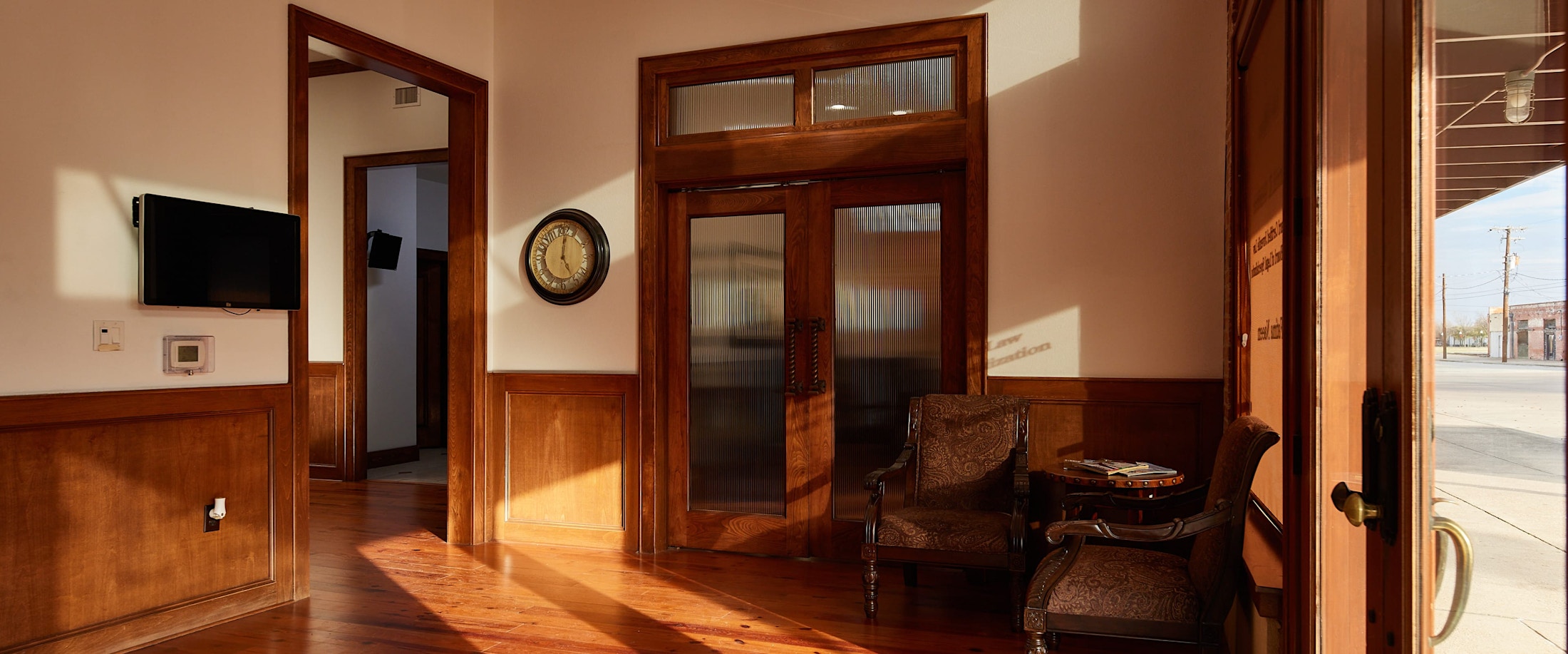If you have been in a car accident and you believe your injuries were caused by someone else's negligence because of distracted driving, you may be entitled to receive compensation for your injuries and damages.
Distracted Driving Under Texas Law
Under Texas law, young drivers, like drivers with learner’s permits, are not allowed to use cell phones for the first six months of driving, and drivers under the age of 18 are prohibited from using cell phones. Bus drivers are prohibited from using cell phones while driving if children are present. In school zones, all drivers are prohibited from texting and using handheld devices while driving. In addition, Texas cities are free to enact hands-free ordinances. However, the defenses allowed relating to texting and driving under state law preempt city ordinances. Thus, it is an affirmative defense to prosecution for a cell phone offense under a city ordinance if the operator was using a cell phone in conjunction with a hands-free device for GPS navigation, to report illegal activity or ask for help in an emergency, to read an electronic message reasonably believed to be an emergency, for use in the course of an operator’s occupation (e.g., dispatcher, Uber or Lyft), or for playing music. Although a driver may have a defense to criminal prosecution for the use of a cell phone while driving, if a crash occurs, that driver may still be held negligent and liable for damages to an injured party if a reasonably prudent driver operating a motor vehicle under the same or similar circumstances would not have used a cell phone.












